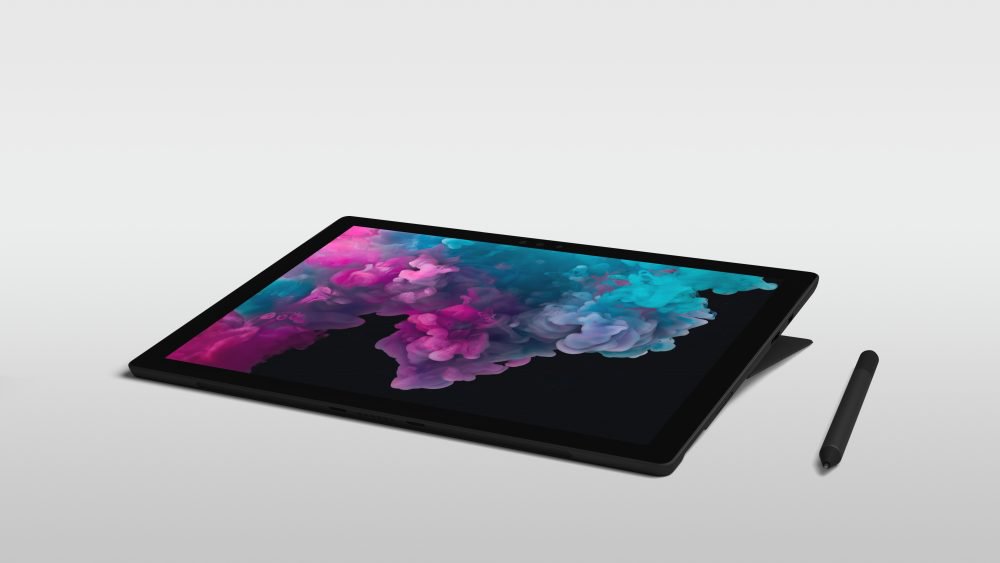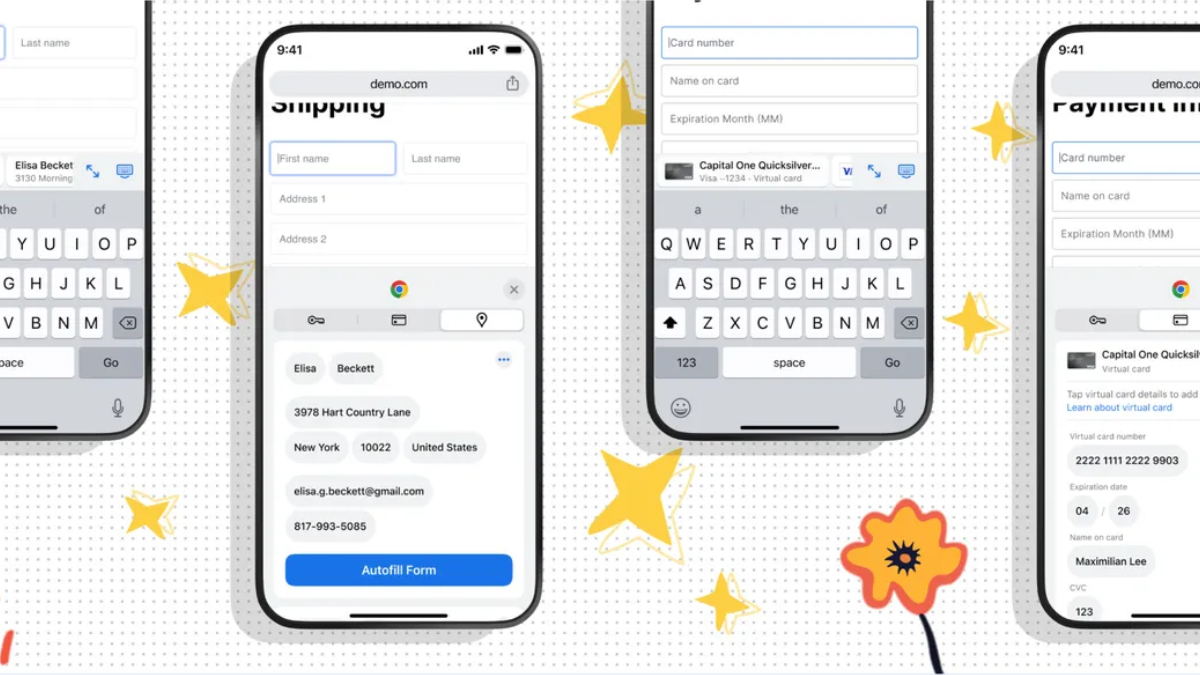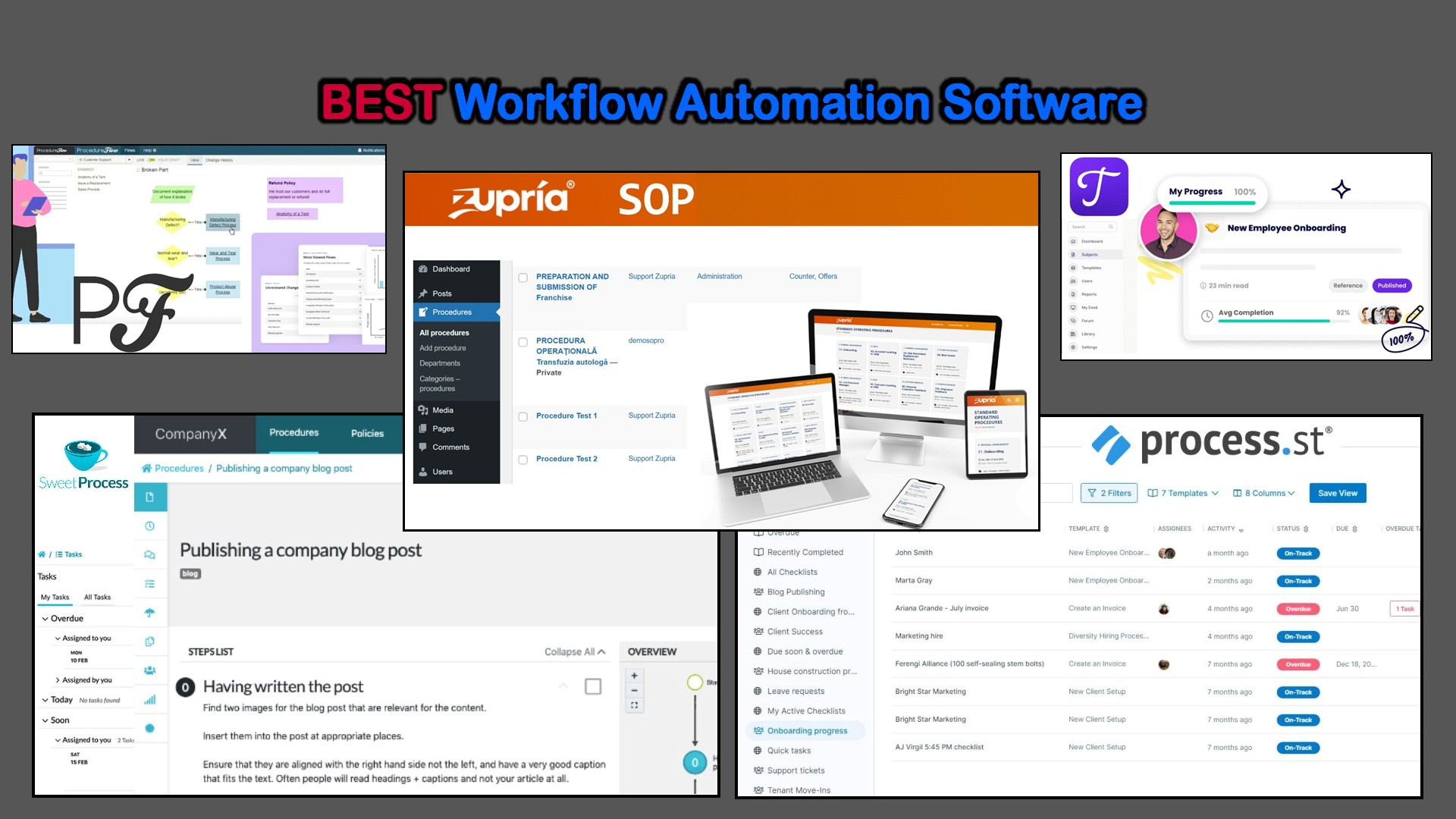The tablet market is still doomed, but bizarrely Microsoft is the closest to saving it
3 min. read
Published on
Read our disclosure page to find out how can you help MSPoweruser sustain the editorial team Read more

Wired has an interesting article on the tablet market, noting that the market has now been shrinking for nearly as much time as it has been growing.
Sales peaked in 2014 with 250 million tablets shipped worldwide, and the market has been shrinking for the last 16 quarters and is likely to generate as much revenue this year as seven years ago.
“At the end of this year we’ll see revenue numbers that are equivalent to 2011,” says Tom Morrod, senior research director at IHS Markit.
Part of the problem is that for most tablet owners, there’s not really a compelling reason to upgrade. “The trend is that tablet users were not really renewing their device,” says Daniel Goncalves, a senior research analyst at IDC. “The device they had was good enough for their daily needs – streaming, video and television.”
The product is being squeezed between ever larger phones and thinner and lighter, more portable PCs.
“It’s not a well-defined category,” says Morrod. “Because of that, it’s been encroached upon by other markets. There’s not much left in the middle.”
Companies have fled to the higher-end productivity part of the market, which has held steady, but analysts still feel growth there is impeded by the limited functionality of tablets, due to imprecise input options. They note that although the iPad Pro might technically be as powerful as a laptop, its design and user interface acts as a handbrake.
“A tablet will never be as purely useful as a laptop,” says Oblong’s John Underkoffler, a UI design expert. “That is all for the lack of a keyboard and a higher-fidelity pointing device. Your finger is a broad, smudgy object, and that’s all you have at the moment.”
He called Apple’s new super-powerful iPad Pro “… essentially a toy version of your laptop. Everything is drawn with crayons.”
“We have to accept the idea that, yes, there are files locally,” Underkoffler noted, “Otherwise it’s just tying itself in knots. Anyone who has a tablet has to go through these gymnastic manoeuvres to get their files moved around.”
Due to Microsoft’s Surface laptops being more PC than tablet they are of course well positioned to be your primary computing device, after your phone, but the operating system lacks on the tablet side of the equation.
Underkoffler believes a new user interface paradigm for tablets which was designed from the start of precise input devices such as styluses would market tablets more useful.
“It would have a strong analogue feel,” he says. “You’d be drawing lines and shapes, and you’d probably learn a bit of shorthand.”
Microsoft is of course in the process of revamping its Windows shell and are likely to improve the tablet experience, and with years of research on combined pen and touch interaction are well positioned to be the one to finally unify tablets and PCs.
Do our readers think Microsoft can deliver? Let us know below.









User forum
0 messages